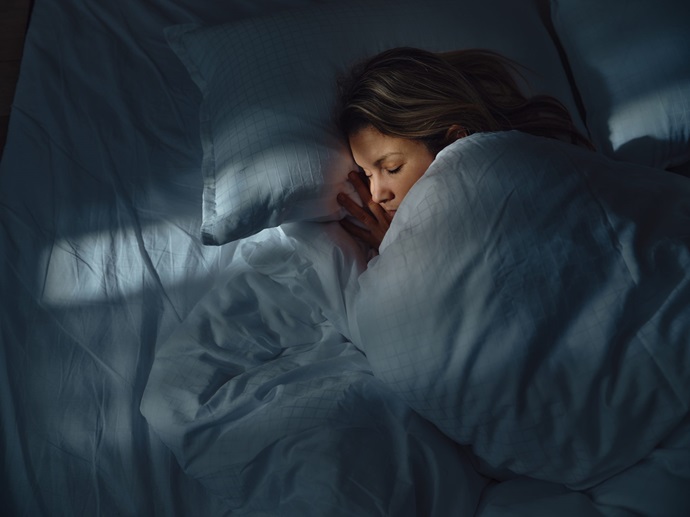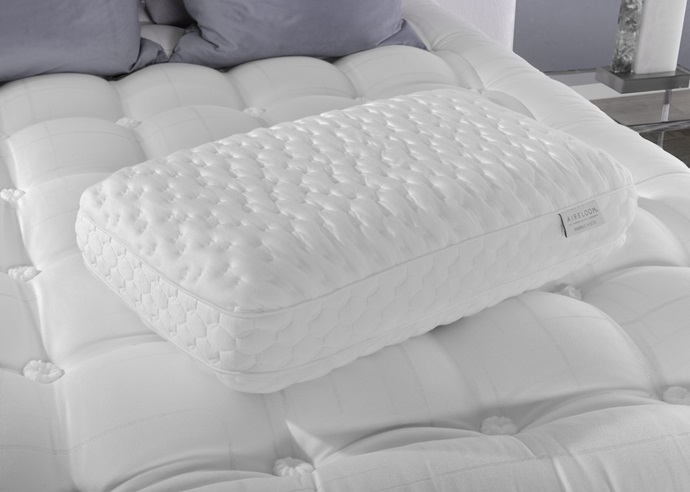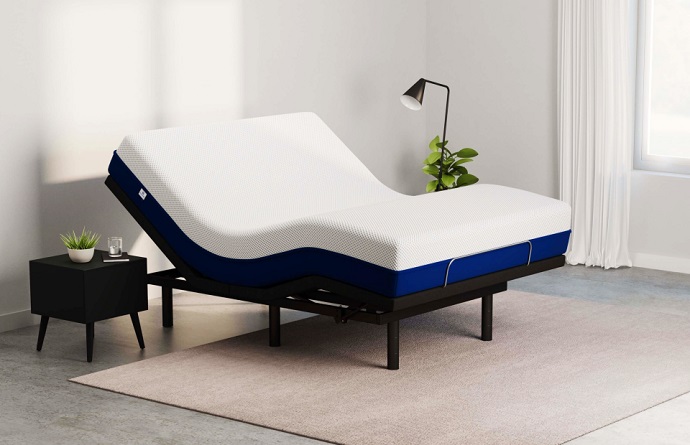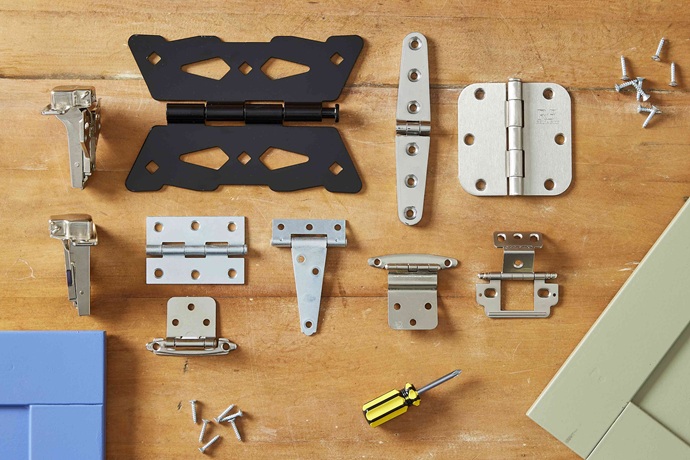Poor sleep caused by anxiety, stress and a busy life is one of the main things people struggle with these days. Aside from trying aromatherapy to improve your sleep and well-being, you can try out several other alternatives. One of them is certainly adding a mattress topper for improved support and firmness, however, you really shouldn’t forget about replacing another important sleep-boosting thing – your pillow.
Pillows for sleeping are an essential tool that contributes to having a good night’s sleep by providing you with the needed head and neck support. But to find the right one, you’ll need to take into account some important things.
What Is the Best Type Of Pillow for Sleeping?

The truth is that there are no right or wrong pillows, only pillows that can make you feel more comfortable than others. Considering the following things can certainly help you find the best cushion for your needs.
Sleeping Position
Finding the right sleeping pillow is closely related to your sleeping position, so it’s of vital importance for you to first determine your sleeping position. The assortment of supportive pillows for sleeping is huge for sure, so considering your sleeping position first is better than just choosing a cushion by its look and its promising features.
Stomach
If you’re one of those who love sleeping on their stomach, then you should invest in a thinner instead of a thicker cushion. The chosen one should be thin and soft to keep your neck from arching backward. Given the fact that sleeping on your stomach isn’t healthy and beneficial for your back, you could also place another pillow under your abdomen area to support your lower back.
Side
Those of you who love sleeping on the side would benefit a lot from choosing a thicker and moderately firm cushion. Such a cushion will keep your head, neck and shoulders at the needed level, which will reduce the chances of waking up with stiff neck and shoulders. To support the spine and reduce any pressure on it and your hips, it might be better to add another one between your knees.
Back
For back sleepers, it would be great to sleep on a flatter and softer pillow for better neck and spine alignment. Since this sleeping position can make you feel pressure on the lower back or even knees, putting a pillow under one of these areas will reduce any possible strain.
Combination Sleepers
Those of you who don’t have one sleeping position would probably benefit from investing in an adjustable cushion that allows you to change the height by adding or removing stuffing. Or, you can invest in one that has two sides, one lower and one higher so you can switch between them according to your needs.
Sleep Apnea Sufferers
Being a snorer or sleep apnea sufferer can be quite annoying for your partner and harmful for yourself causing some serious health problems, especially related to the heart. Snoring can become more severe and strong when sleeping on the back, so to reduce it, you should look for a cushion made from memory foam or a contour cushion since both are designed to keep your head elevated. For those of you who have a sleep apnea diagnosis and use a CPAP machine, you can use a specially designed sleep apnea pillow to keep the breathing mask and tubing in place.
Consider Its Material

The type of cushion you use can certainly improve your sleep, however, its material and stuffing are as important as the type of cushion. That being said you can choose between:
- Microfiber, feathers and down for a more soft and fluffy feeling.
- Memory foam and latex for a firmer and more contouring feel.
- Kapok and shredded memory foam for improved balance, softness and support.
- Gel-layered and gel-infused poly-fibre for a cooler sleeping surface.
When it comes to the cushion’s cover, for improved comfort, durability and moisture-wicking make sure to choose one made from natural fibres like cotton, bamboo and linen. For improved hygiene and health benefits, make sure the cover is removable and machine washable.
Regardless of the type of cushion you plan to choose, it is recommended to change it every 2 years because, over time, your pillows will lose their shape and elasticity. This will reduce their support and firmness which means that they won’t provide you with the same results.
Some Other Features to Have in Mind
Allergen-Free
Those of you who have problems with asthma or allergies should certainly stay away from cushions made from feathers, latex and downfilling. Instead, look for ones that have undergone some antimicrobial treatment to prevent bacteria, mould and mildew growth.
Wedge
In case you have sleep apnea or problems with snoring or acid reflux, then you can also use a foam wedge to elevate your back, legs and feet. This will help you breathe more easily and reduce symptoms, such as heartburn and difficulty swallowing. Wedge cushions are also useful for pregnant women who experience discomfort while sleeping.



















